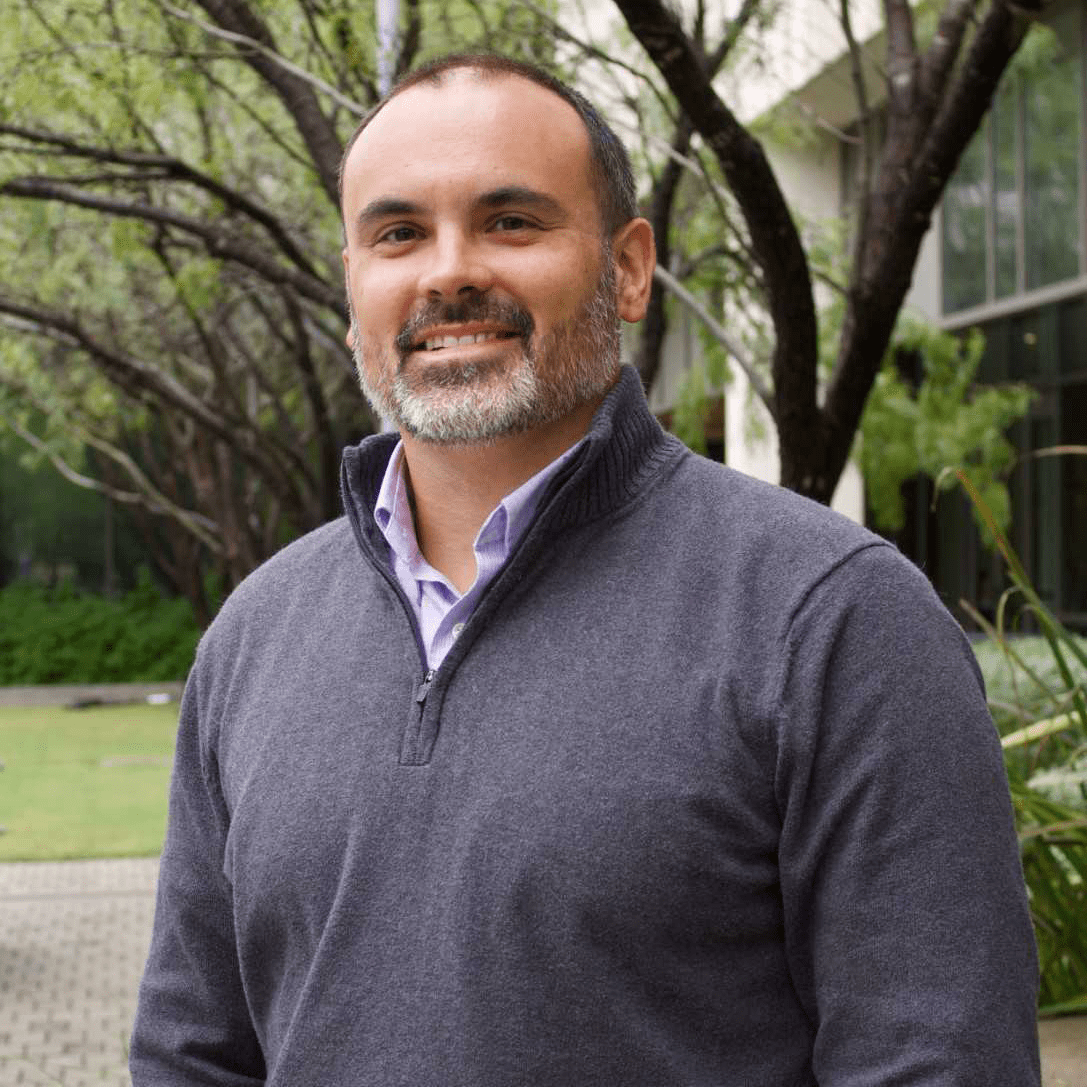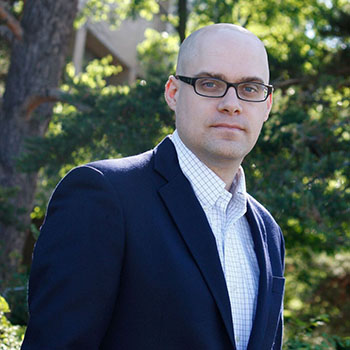Making SciComm More Strategic
Drs. Dudo and Besley focus their research on how to improve the quality of science communication practice. As part of this work, they developed a framework for strategic science communication that emphasizes the initial importance of setting clear behavioral goals and then working backward to identify communication objectives that have the potential of affecting desired behaviors, as well as tactics that have the potential of helping achieve communication objectives.
This perspective puts identifying and prioritizing specific communication objectives at the core of being an effective communicator. It also suggests a need for researchers to focus on understanding how to ethically achieve communication objectives and how different objectives affect audience behavior. They share their thinking and are eager for feedback on their menu of potential tactics, objectives, and goals.
Key Takeaways from this Webinar:
- According to surveys, scientists believe that the most important goal of scicomm is for policymakers touse science to make policy decisions.
- Sharing our knowledge and research isn’t the only way to approach our communication.
- There are certain things such as cultural cognition and context that we can’t easily change. However, these are things that we need to take into account when we communicate. Try to focus on the tactics and outcomes that will be most effective.
- Cognitive engagement over time leads to cumulative communication efforts.
- Being strategic requires effort/expertise to link tactics, objectives, and goals.
- Goals: Clarify goals, keep goals realistic, and find other people with shared goals
“Depending on what your objective is, your need to deal with jargon can become more or less important. So the objectives really help you figure out if this is a particular aspect or tactic that you need to focus on.”
Speakers:

Anthony Dudo, Ph.D., researches the intersection of science, media, and society at the University of Texas at Austin. He is particularly interested in scientists’ public engagement activities, media representations of science and environmental issues, and the contributions of informational and entertainment media to public perceptions of science.

John Besley, Ph.D., studies public opinion about science and scientists' opinions about the public in the context of trying to help science communicators be more strategic at Michigan State University. Dr. Besley wants to understand how views about decision-makers and decision processes affect perceptions of science and technology (S&T) with potential health or environmental impacts.
This webinar was sponsored by The Kavli Foundation and The American Chemical Society.
